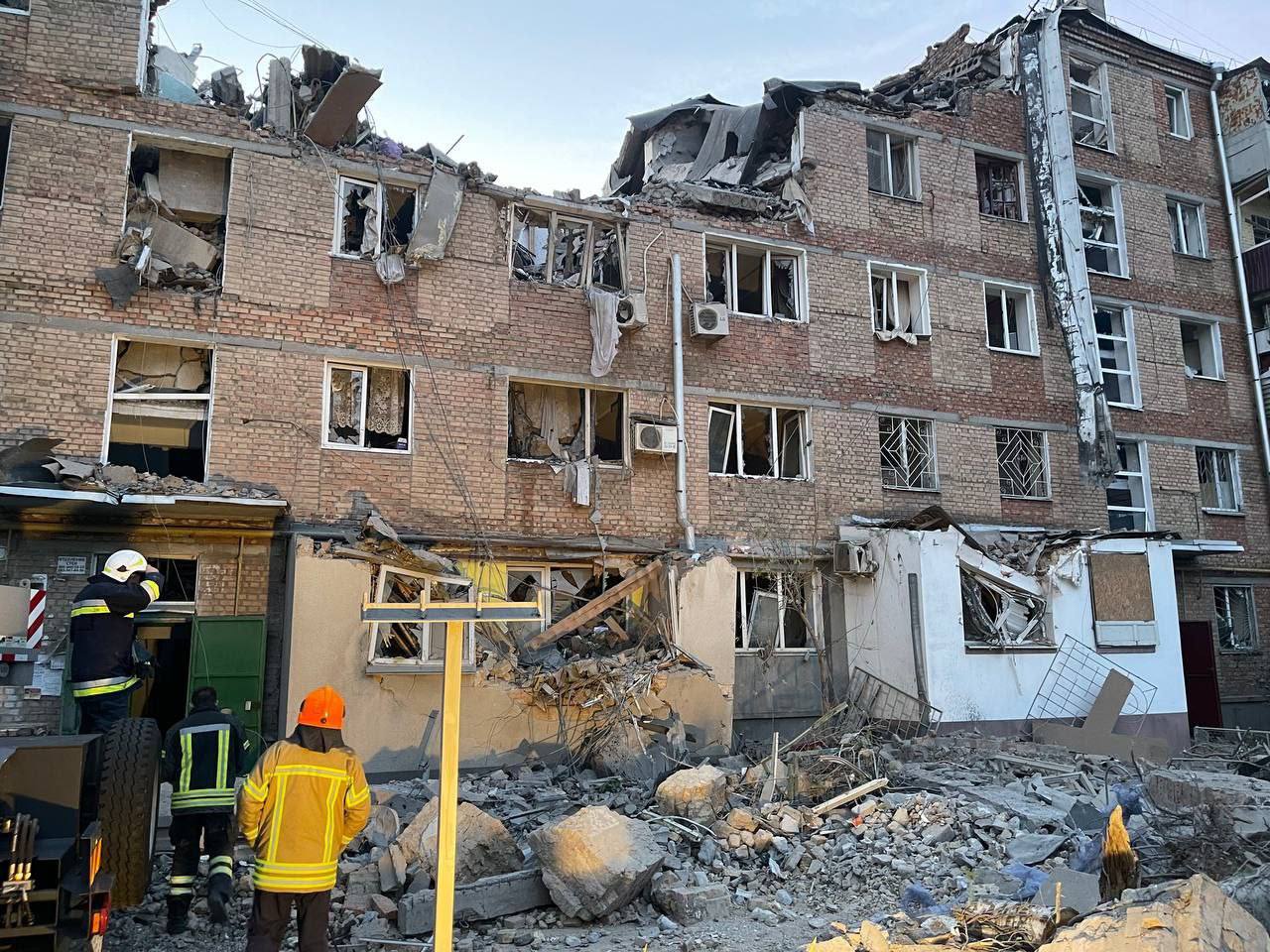The Kremlin likely has not abandoned its maximalist objectives in Ukraine despite Kremlin Spokesman Dmitry Peskov’s first-time acknowledgment that Moscow’s current territorial objective is to fully seize four partially occupied Ukrainian oblasts.
Peskov took an opportunity to further capitalize on the Western desire for negotiations on December 8 when expanding upon Russian President Vladimir Putin’s December 7 remarks regarding the acquisition of “new Russian territories.”
Peskov stated
that one of the main goals of the Russian “special military operation” in Ukraine was to “protect residents of southeastern Ukraine and Donbas” when responding to a journalist‘s question regarding the Kremlin’s original objectives for war.
Peskov also noted that there are no talks about annexing new territories that are currently not under Russian partial occupation as there is “still a lot of work to be done” to fully occupy Donetsk, Luhansk, Zaporizhzhia, and Kherson oblasts. Peskov, however, reiterated that the Kremlin is still pursuing its “demilitarization” and “denazification” objectives in Ukraine, which confirms that Russia is still pursuing regime change (“denazification”) and the elimination of Ukraine’s ability to resist future Russian attacks or pressure (“demilitarization”). The Kremlin’s objectives, in other words, continue to remain unchanged from those set following the Russian withdrawal from Kyiv. Peskov’s comments were not an inflection in Russian war aims or demands.
Putin’s invocation of Russian imperial history on December 7 and his recent remarks regarding Russia’s role as the only “guarantee of Ukrainian sovereignty” are further indicators that the Kremlin is setting conditions for a protracted war aimed at eradicating Ukrainian sovereignty.
The Kremlin’s deliberately inconsistent messaging is part of a persistent information operation intended to mislead the West into pushing Kyiv to negotiate and offer preemptive concessions.





